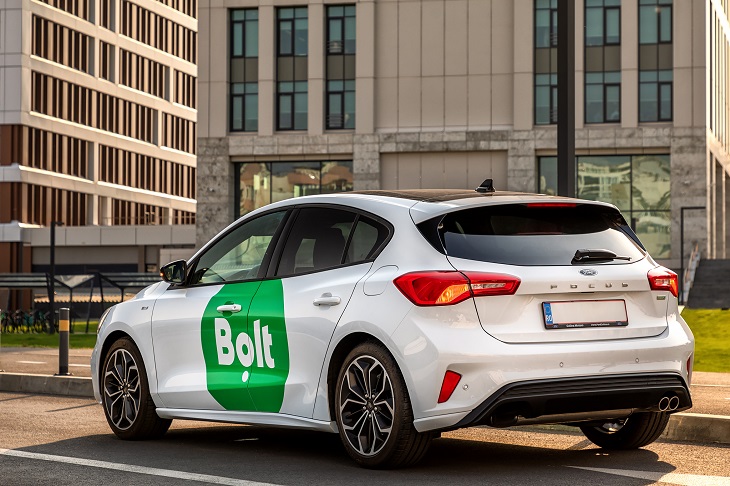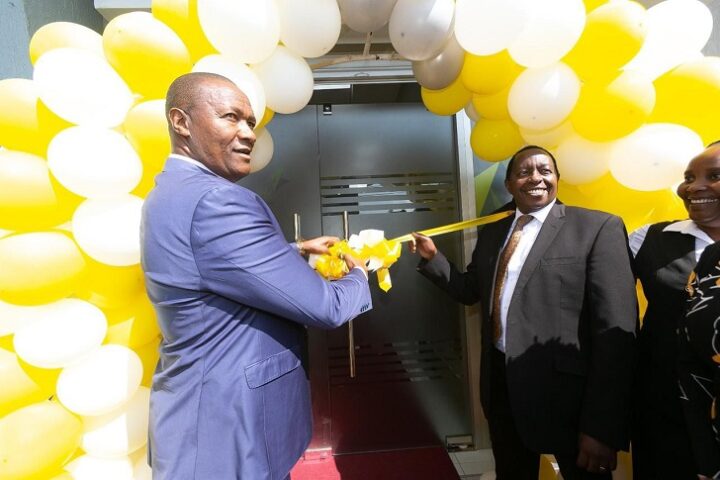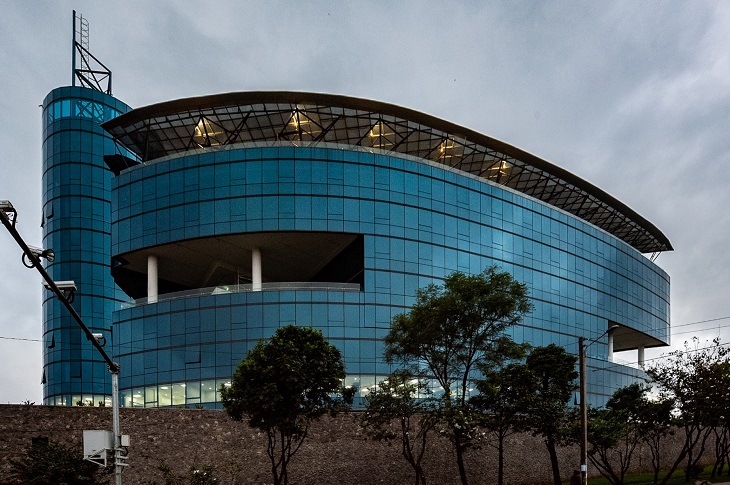Kenyan private sector firms faced unprecedented inflationary pressures in October, the latest PMI® survey data showed, driven by a further rise in fuel prices and ongoing currency weakness.
Input costs rose at the quickest pace since the survey began nearly a decade ago, leading companies to also increase selling prices at a record rate. Consequently, the latest data signaled a worsening of the demand picture in October, as heightened prices eroded spending power and led to a marked fall in new business.
Output levels were reduced accordingly, while firms also made their joint-fastest cut to workforces since the middle of 2020. The headline figure derived from the survey is the Purchasing Managers’ IndexTM (PMI®). Readings above 50.0 signal an improvement in business conditions in the previous month, while readings below 50.0 show a deterioration.
At 46.2 in October, the headline PMI was down from 47.8 in September and indicative of a solid deterioration in the health of the private sector. The rate of decline was the second-fastest since August 2022 and close to the marked downturn seen in July.
Business conditions worsened amid a rapid pick-up of cost pressures across the private sector economy, with survey data signaling the strongest rise in input prices since data collection started in 2014.
Around 46% of monitored firms reported that total expenses had increased from September, driven by a further uplift in fuel prices and associated transport costs. In addition, companies noted that ongoing currency weakness and increased tax burdens had added to costs.
To maintain sufficient margins, Kenyan companies also reported an unprecedented increase in selling prices in October, with the rate of inflation climbing above the previous high in mid-2022. The uplift in charges had a strong impact on client demand and business activity.
The latest survey data indicated a marked and accelerated decline in new order volumes, which was broad-based across each of the five sub-sectors but steered by construction and wholesale & retail. Similarly, output levels contracted sharply and to a greater degree than in September. With economic conditions appearing to toughen, Kenyan firms tightened spending on inputs and labor.
Employment numbers were reduced at the joint-strongest rate since June 2020, following a renewed (but slight) fall in September. Purchasing activity also dropped, albeit only modestly. Meanwhile, there was a slight improvement in vendor performance, after lead times had lengthened slightly in the previous month. Firms noted that this was due to cash flow concerns at vendors, leading them to make quicker deliveries to boost payments.
Finally, business expectations for the coming 12 months remained muted in October, with firms showing a modest degree of positivity that was little changed from September. That said, optimism was still stronger than the record low in April. Hopes that sales and activity will pick up contributed to a renewed increase in firms’ inventory holdings.
Related Content: Kenyan Businesses Slightly Bloom In August In Latest PMI













